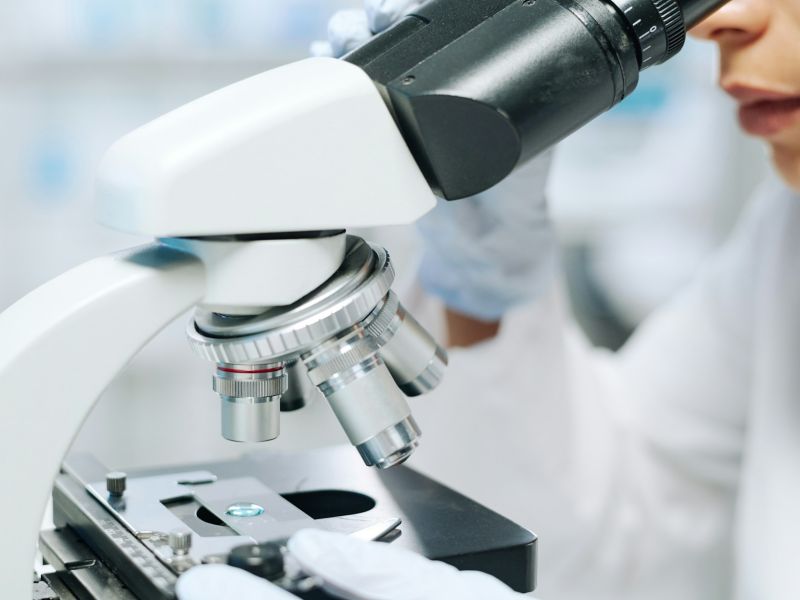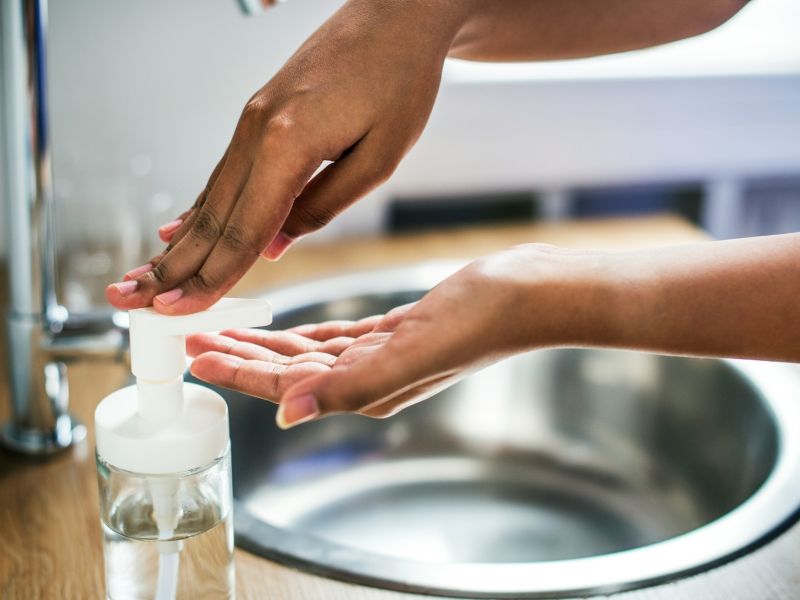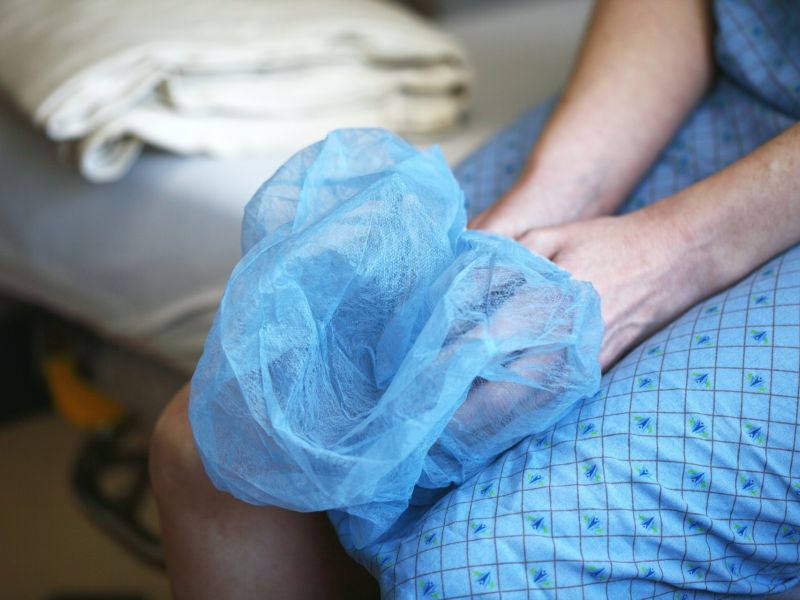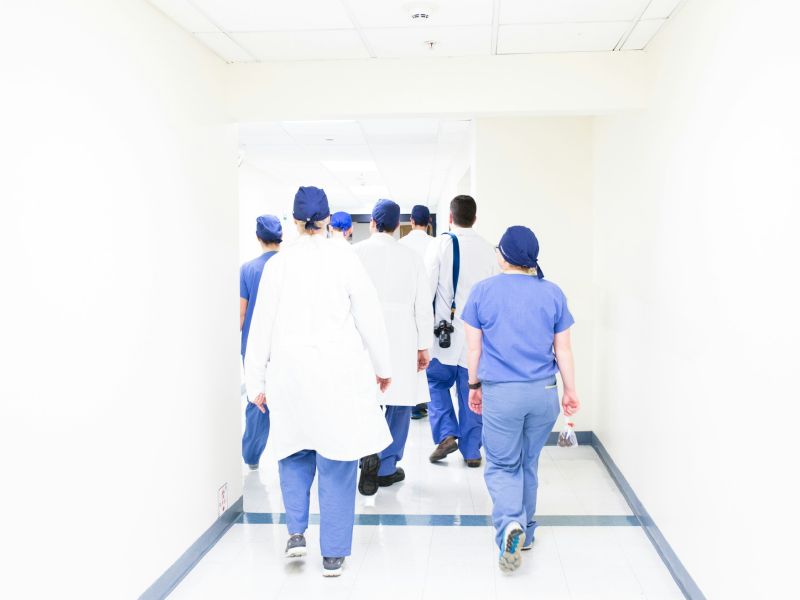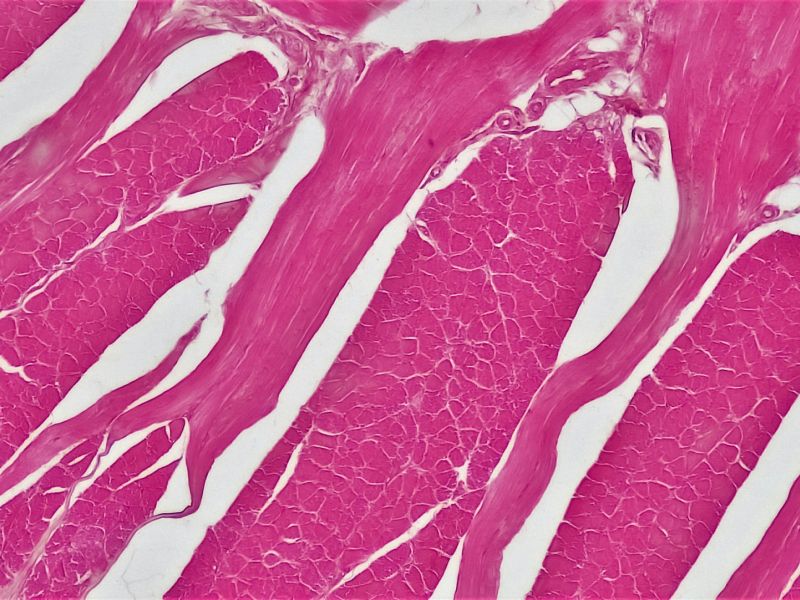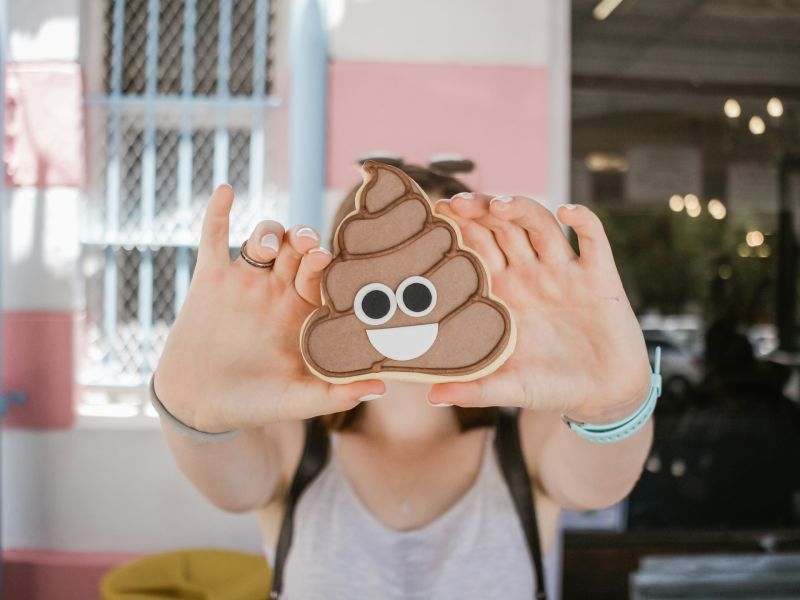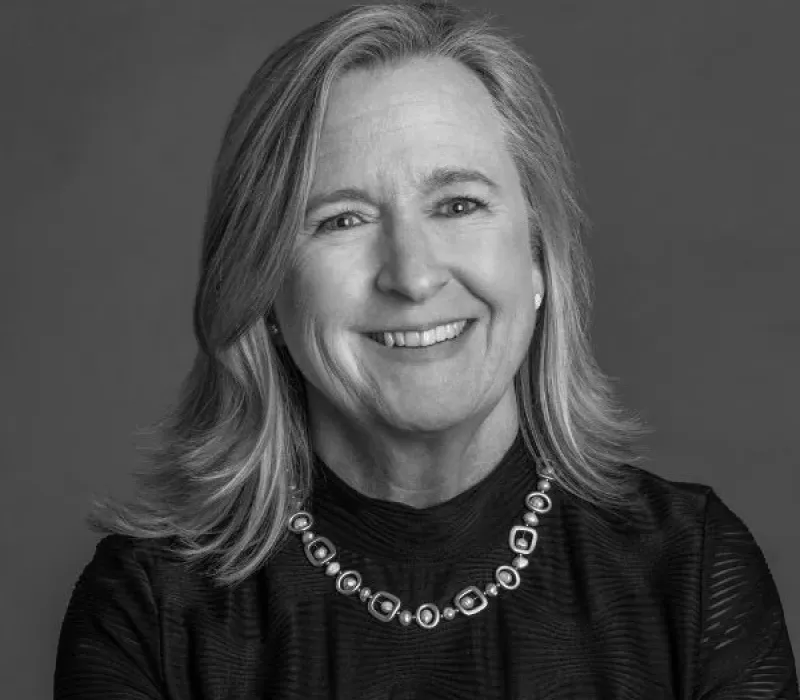
Letter from the CEO: The Road Ahead as the OpenBiome Foundation
Today, we are proud to share the next chapter of our journey: OpenBiome is becoming the OpenBiome Foundation. With this transition, we renew and refocus our commitment to accelerating microbiome science and ensuring its benefits reach those who need them most.
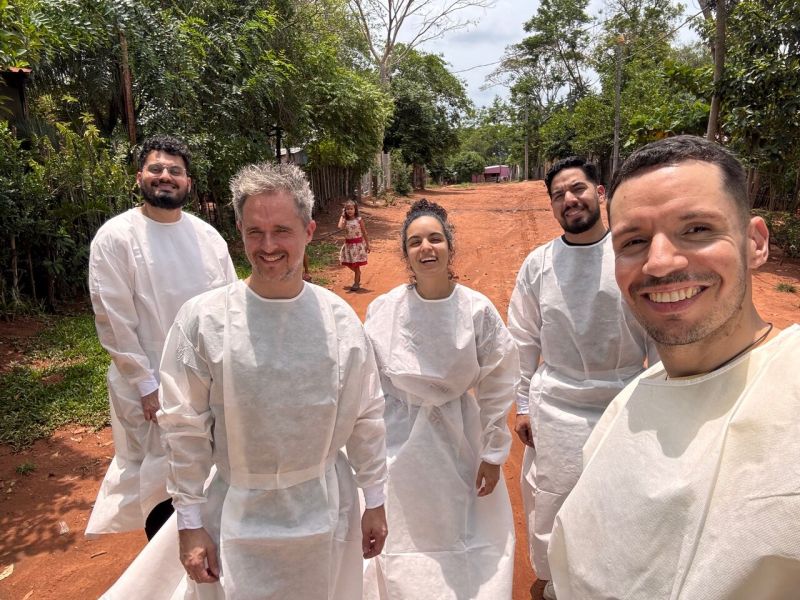
Science in the Field: Dr. Walter Sandoval’s Mission to Map Rural Microbiomes in Paraguay
What motivated you to study the microbiome in rural Paraguay?
Only recently were we able to decipher the Paraguayan gut microbiome — and that research was limited to urban populations in the Asunción metro area. Until then, no other work had been done with a Paraguayan population, meaning Paraguay was vastly underrepresented in microbiome studies. Since microbiomes can vary significantly across populations, the next logical step in my goal to put Paraguay on the microbiome map was to begin studying rural communities.
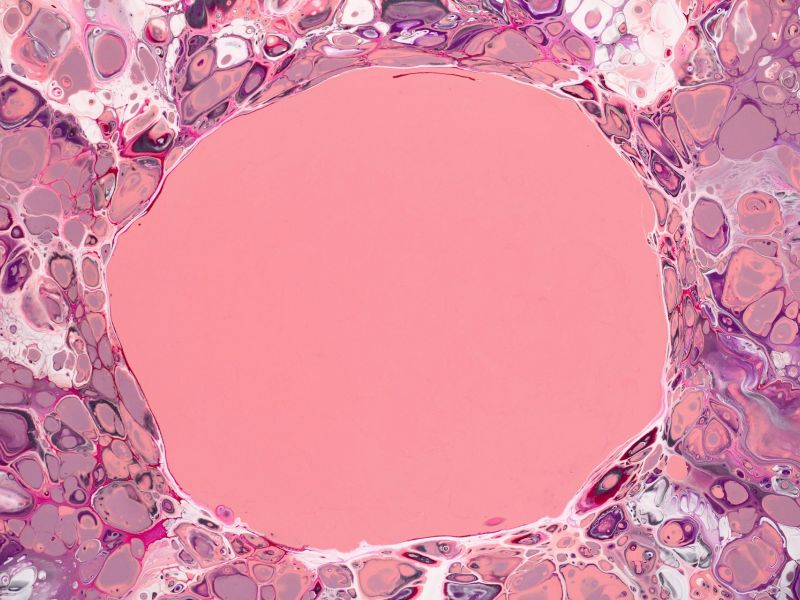
Effectiveness and Safety of Fecal Microbiota Transplantation for Clostridioides Difficile Infection: Results From a 5344-Patient Cohort Study
Studies of the microbes living on and in our bodies are conducted mainly in a few rich countries, squandering opportunities to improve the health of people globally.

Advancing Care for Pediatric Patients with C. difficile: Insights from a Clinical Webinar on Investigational FMT
On March 28, 2023, OpenBiome convened a live webinar featuring a distinguished panel of physicians from Boston Children’s Hospital, Texas Children’s Hospital, and the University of Minnesota. The discussion focused on the clinical management of pediatric patients with Clostridioides difficile (C. difficile) infection, with a particular emphasis on diagnostic considerations and the use of investigational fecal microbiota transplantation (FMT).
OpenBiome, winner of the 2023 GBCHealth Futurist Award
OpenBIome CEO, Julie Barrett O’Brien, accepting the GBC Health Futurist award at during UNGA. The award recognizes “future seeking, innovating, ‘ahead of the curve’ companies that stand to change the future of global health.” “We are honored to accept this award,” said O’Brien, “and will use this platform to build a more equitable and inclusive system for microbiome scientists across the globe.”
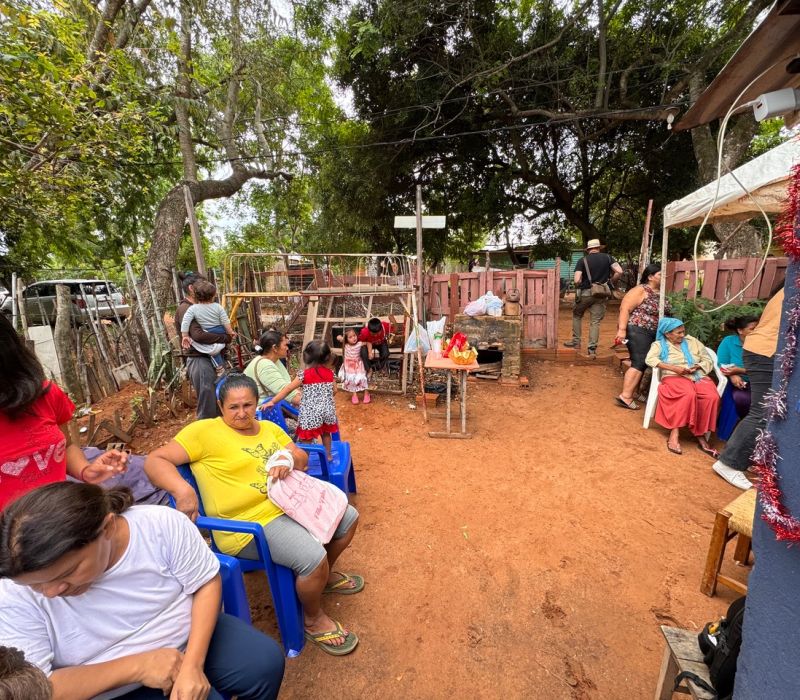
As Microbiome Science Forges Ahead, Will Some Be Left Behind?
The FDA’s approval of the first fecal microbiota treatment was a watershed moment — and also a wakeup call.

How to Recruit and Engage Stool Donors
Stool banking depends on a pool of committed and healthy stool donors. Building a sustainable donor pool can be difficult as less than 3% of prospective donors may pass health screenings, necessitating a large recruitment effort. This paper reviews several considerations for recruiting stool donors including guidance on advertising, designing incentives, and maintaining clear communication with prospective and active donors.
Boosting microbiome science worldwide could save millions of children’s lives
Boosting microbiome science worldwide could save millions of children’s lives.Studies of the microbes living on and in our bodies are conducted mainly in a few rich countries, squandering opportunities to improve the health of people globally.

Fecal microbiota transplantation for refractory immune-checkpoint-inhibitor colitis.

From Stool Donation to FMT Preparation: The Logistics of FMT Manufacturing

When is an FMT Treatment Ready for Use? Health Monitoring and Material Release
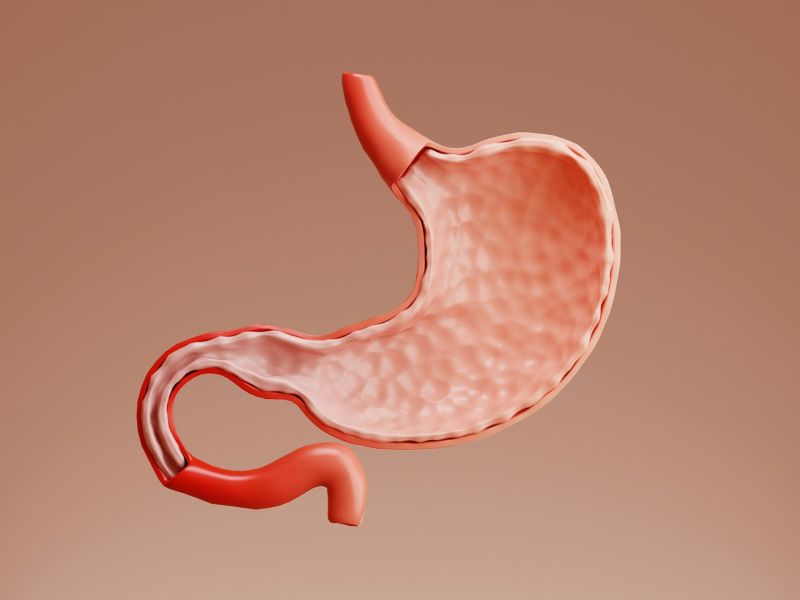
Tracking Patient Outcomes and Adverse Events: Considerations for Pharmacovigilance

Outcomes of Fecal Microbiota Transplantation in Patients With Inflammatory Bowel Diseases and Recurrent Clostridioides difficile Infection



